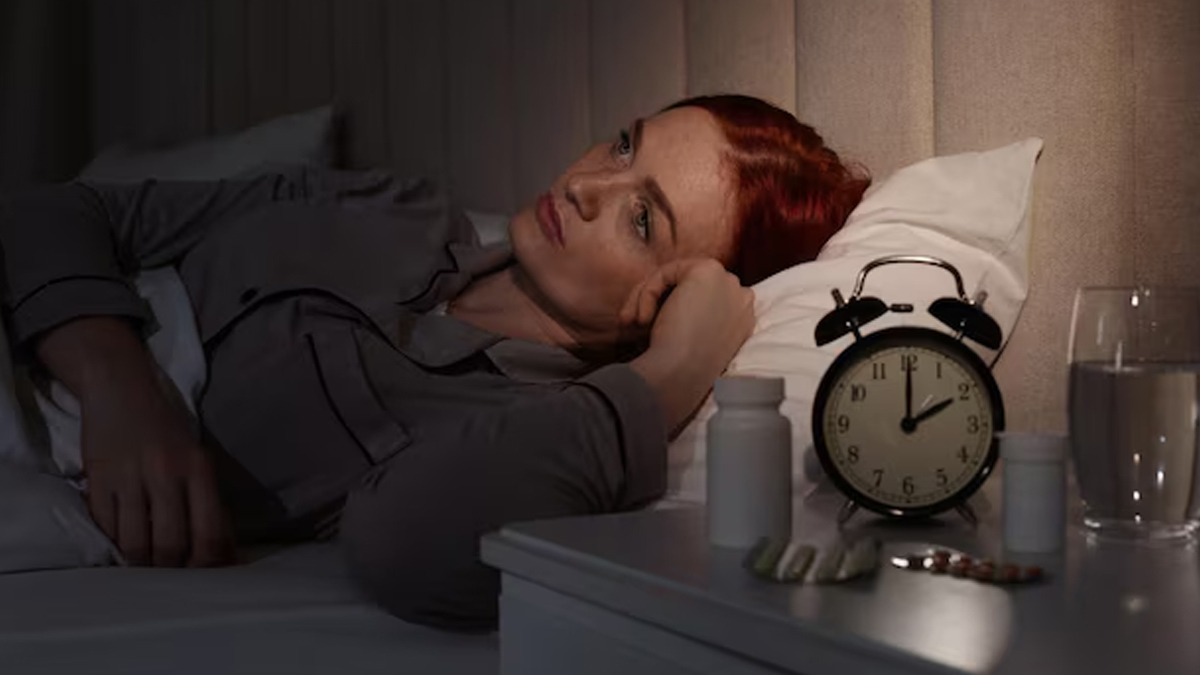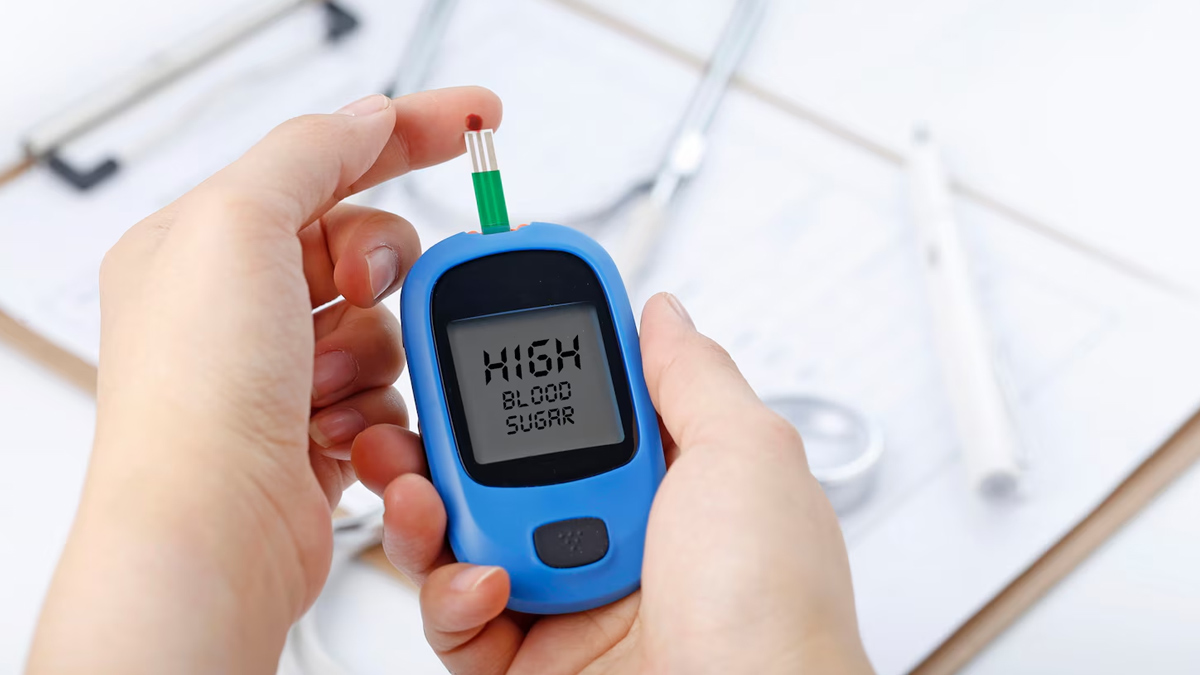
We’ve all had those nights when sleep feels like a luxury—late-night scrolling, early morning deadlines, or binge-watching just one more episode. Missing out on a few hours occasionally might not seem like a big deal, but what if those restless nights were quietly increasing your chances of a life-threatening condition like a stroke? Neurologists say the connection between poor sleep and brain health is far more serious than most of us realise.
Table of Content:-
To understand this better, we spoke to Dr Girishkumar Soni, Neurology, MBBS, MD (Med), DM (Neurology), Lilavati Hospital, Mumbai, who shared some eye-opening insights on how chronic sleep deprivation impacts your brain.
How Lack of Sleep Affects Your Risk of Stroke

“Neurological research over the past two decades has consistently shown that inadequate sleep is more than just a lifestyle issue; it’s a major risk factor for cerebrovascular diseases like stroke. A stroke occurs when blood flow to the brain is interrupted, either by a clot (ischemic stroke) or bleeding (haemorrhagic stroke),” said Dr Soni.
Chronic sleep loss, defined as getting less than six hours of sleep regularly, has been linked to:
- Endothelial dysfunction (damage to blood vessel linings)
- Increased blood pressure
- Disturbed glucose metabolism
These factors collectively raise the risk of stroke. According to the Journal of Stroke, sleep disorders disrupt the body’s circadian rhythm, leading to chronic activation of the sympathetic nervous system, elevated cortisol (stress hormone) levels, and increased platelet aggregation. This creates a pro-thrombotic state (meaning your blood is more likely to clot).
"One of the conditions of most concern is sleep apnoea, which strongly correlates with recurrent ischemic stroke through recurrent episodes of cerebral blood vessel oxidative stress and hypoxia," highlighted Dr Soni.
Who Faces the Highest Risk?
People with pre-existing health conditions like hypertension, diabetes, or obesity face an even greater danger when combined with poor sleep habits.

- Hypertension (often called the ‘silent killer’) becomes increasingly unstable with sleep deprivation, particularly during the night when blood pressure is supposed to decrease.
- In diabetics, poor sleep increases insulin resistance and systemic inflammation, worsening vascular health.
- Obesity not only raises stroke risk but also increases the likelihood of obstructive sleep apnoea, adding another layer of strain on the brain.
Based on epidemiological research, people with these conditions sleeping fewer than six hours daily are nearly twice as likely to have ischemic or hemorrhagic strokes as those with proper sleep.
How to Improve Sleep for Better Brain Health
Sleeping well does not occur by itself but requires deliberate effort and healthy habits, referred to as sleep hygiene. Here's what Dr Soni recommends:
- Consistency is the key: Sleep and wake up at the same hour every day, even on weekends.
- Create the right environment: Keep your bedroom dark, cool, and quiet to support melatonin production.
- Limit stimulants: Avoid caffeine, nicotine, and alcohol close to bedtime.
- Cut screen time: Stay away from phones, TVs, and laptops at least an hour before sleeping.
- Seek professional help: In case you suspect a sleep disorder, like insomnia or sleep apnoea, consult a doctor. CPAP therapy, for example, can significantly lower the rate of recurrent strokes among sleep apnoea patients.
- Adopt lifestyle changes: Regular exercise, mindfulness, and stress management techniques can improve sleep quality and promote deeper restorative sleep.
Warning Signs You Shouldn’t Ignore
Poor sleep alone may not cause an immediate stroke, but it can lead to symptoms that indicate your brain is under stress. Be alert to:

- Persistent morning headaches
- Daytime sleepiness
- Poor concentration and memory issues
More serious signs could indicate Transient Ischemic Attacks (TIAs), often called ‘mini-strokes,’ such as:
- Sudden numbness or weakness on one side of the body
- Trouble speaking or slurred speech
- Vision changes like double vision
- Loss of coordination or balance
If any of these symptoms occur, seek immediate medical help as early intervention can prevent a major stroke.
Bottomline
Dr Soni concluded, “Sleep isn't only for sleeping; it's an essential support for brain health. Getting sufficient quality sleep may be one of the easiest, most effective strategies for cutting your stroke risk and will safeguard your brain for years to come.”
Also watch this video
How we keep this article up to date:
We work with experts and keep a close eye on the latest in health and wellness. Whenever there is a new research or helpful information, we update our articles with accurate and useful advice.
Current Version